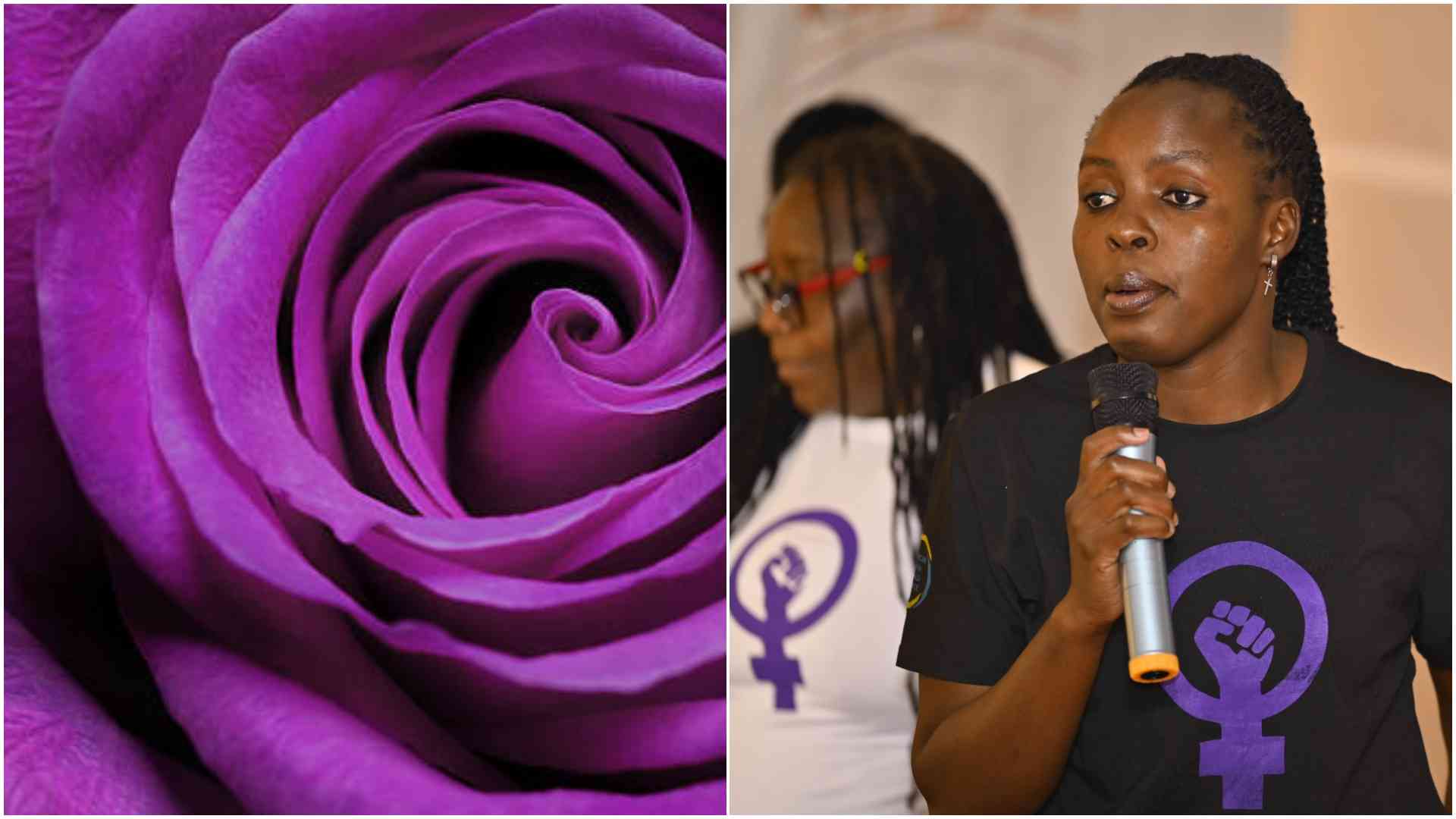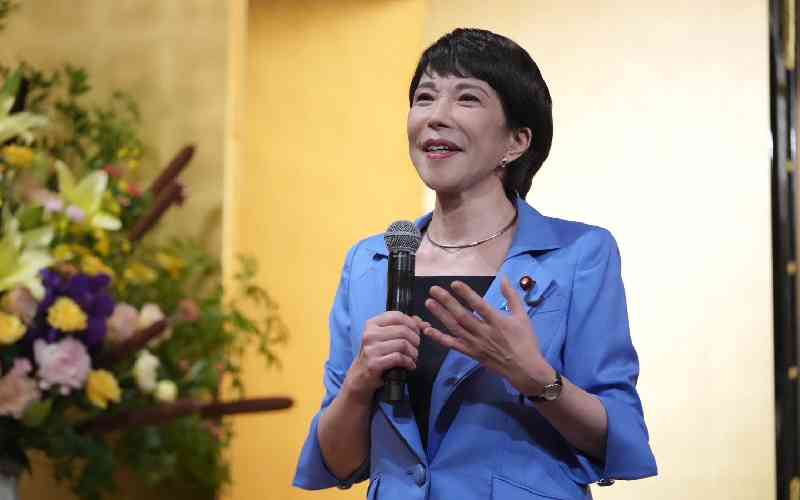
Had it not been for her relocating to Kenya, Terra Cold Pressed Juice may not have been created. You see, Tsholo Kamau had just moved to Kenya and was looking to continue incorporating cold-pressed juice into her healthy lifestyle. She speaks about building a juicing company.
My background
I was born and bred in South Africa in a family of two teachers. My parents worked hard to earn everything they had. I acquired an MBA from the University of Pretoria’s Gordon Institute of Business Science (GIBS), a course that came in handy in running Terra. I worked in South Africa in banking for seven years. Though I didn’t lack as a child, the only inheritance my parents could give us was an education and the ethics of hard work. I think this mentality is why I was not daunted by the idea of creating a product in a market where it didn’t exist.
The idea
I had just quit my corporate job in banking in South Africa to join my husband, Ng’ethe, in Nigeria where he was working. I couldn’t pursue any work opportunities there as I was on a spousal visa.
With free time on my hands, I could now pursue the idea I had been toying with of starting a cold-pressing juice business back in Kenya.
This had been inspired by the fact that I couldn’t find any readily available cold-pressed juice which I was used to back in Johannesburg. That, plus, my mother-in-law had been suffering from diabetes and needed a healthier alternative to boxed and blended juice which have added sugar, preservatives, stabilisers, artificial colours, flavour enhancers etc. After discussing this with my husband it was all systems go.
What happened next
A lot of research later, we set up Terra Lifestyle Company which offers cold-pressed juice. Seeing that at the time of inception I was not in Kenya, Shiku Maina – my husband’s cousin oversaw the business, running the daily operations while I was away.
Initially, the demands of the job were not so high. I would fly to Nairobi every so often to touch base with the business and the clients, then fly back to Nigeria.
Then business picked up and work on Shiku became overwhelming. Now it was my turn to ask my husband to relocate to Kenya for my sake. He gladly did, after working out the kinks.

Running a startup
18 months after conceptualizing the idea, we officially launched Terra Cold Pressed Juice. That was in April 2018. Being a new concept in Kenya, we had to import both the pressing machine from the USA and the packaging bottles and product labels from South Africa because we couldn’t find a good manufacturer locally and in good time. However, things have since changed, as we have shifted from plastic to glass packaging for sustainability reasons. The glass bottles are locally sourced.
Our first cold pressing machine cost approximately Sh1 million while renovating the production facility cost another Sh1 million. We didn’t have that kind of money upfront, so my husband, who works in Nigeria, would send us a little cash monthly. When the machine was delivered to the facility, its settings were American and we couldn’t operate it accordingly. By the time a mechanical engineer was available to correct that, the better part of two months had gone by further delaying production. It helped that we weren’t paying rent for the facility. The designs for the renovation were also done for free by a cousin, Irene Kiarie, who is an architectural designer. The space used to house a pub prior to our setting up a juicing facility.
We don’t claim to offer organic juice as finding organic produce in Nairobi is an uphill task, even as many farmers claim to be organic.
However, we can guarantee that the juice is 100% natural with all its nutrients intact. We don’t add water and neither do we subject the fruits and vegetables to heat, like a blender would, thus cooking the ingredients and tampering with its integrity.
Our launch was mostly done on Instagram where we still continue our marketing endeavours. We hired a social media strategist who showed us the best way to stand out and then we hired a specialist to handle the page for us. We used paid promotions to drive traffic to the site. All this cost us about Sh5, 000 per week, but the investment paid off.
We sell at flea markets and gyms which offer a great source of income.
Where I am now
We sold 50 bottles over the course of three days. It was exciting to see the idea being embraced. Now we average 100 bottles daily at a cost of Sh280 a bottle.
Initially, we had 5 readily available flavours but found out that the Urban Beet whose main ingredient is beetroot was not moving. We, therefore, had to get it off the shelves and only make it by special order. We also noticed, that unlike the USA who have been juicing for decades, Kenyans prefer the sweeter juices. Maybe that was why the beetroot wasn’t moving as fast.
 The Standard Group Plc is a multi-media organization with investments in media
platforms spanning newspaper print
operations, television, radio broadcasting, digital and online services. The
Standard Group is recognized as a
leading multi-media house in Kenya with a key influence in matters of national
and international interest.
The Standard Group Plc is a multi-media organization with investments in media
platforms spanning newspaper print
operations, television, radio broadcasting, digital and online services. The
Standard Group is recognized as a
leading multi-media house in Kenya with a key influence in matters of national
and international interest.










